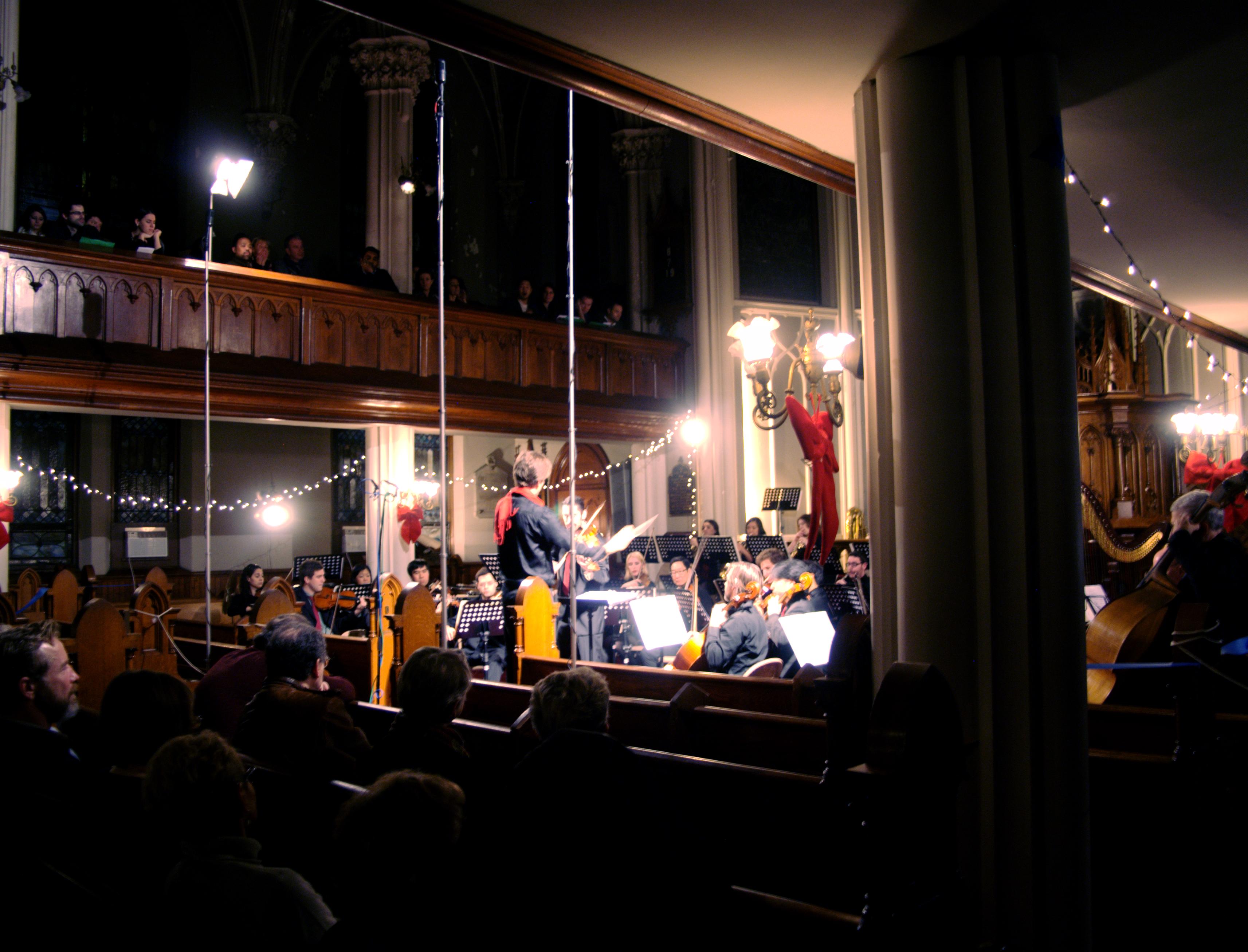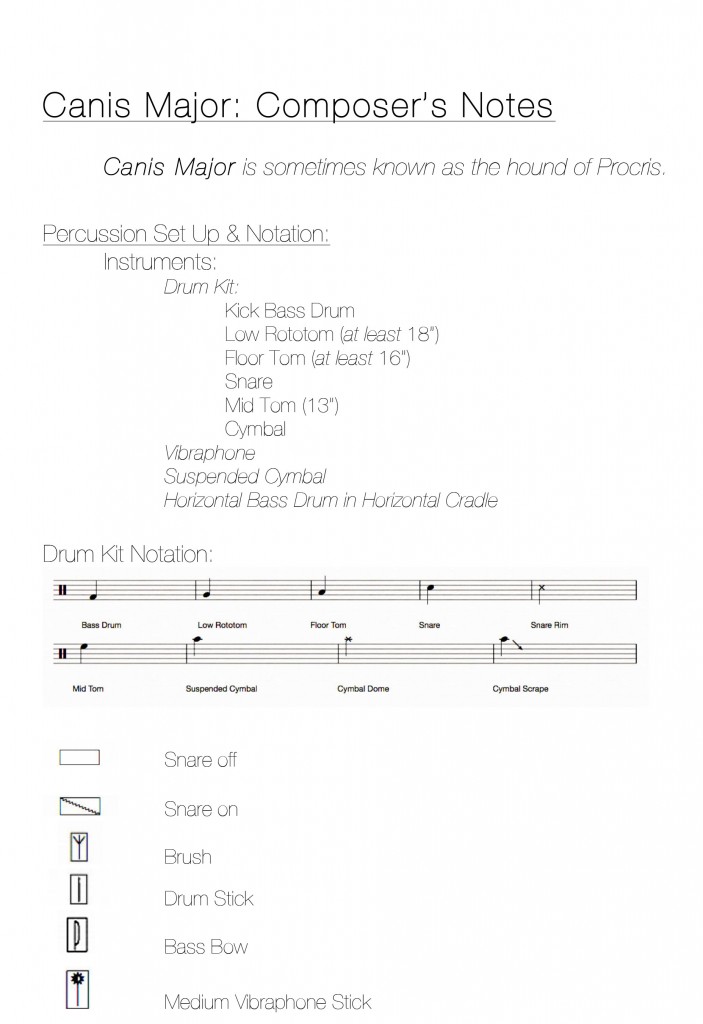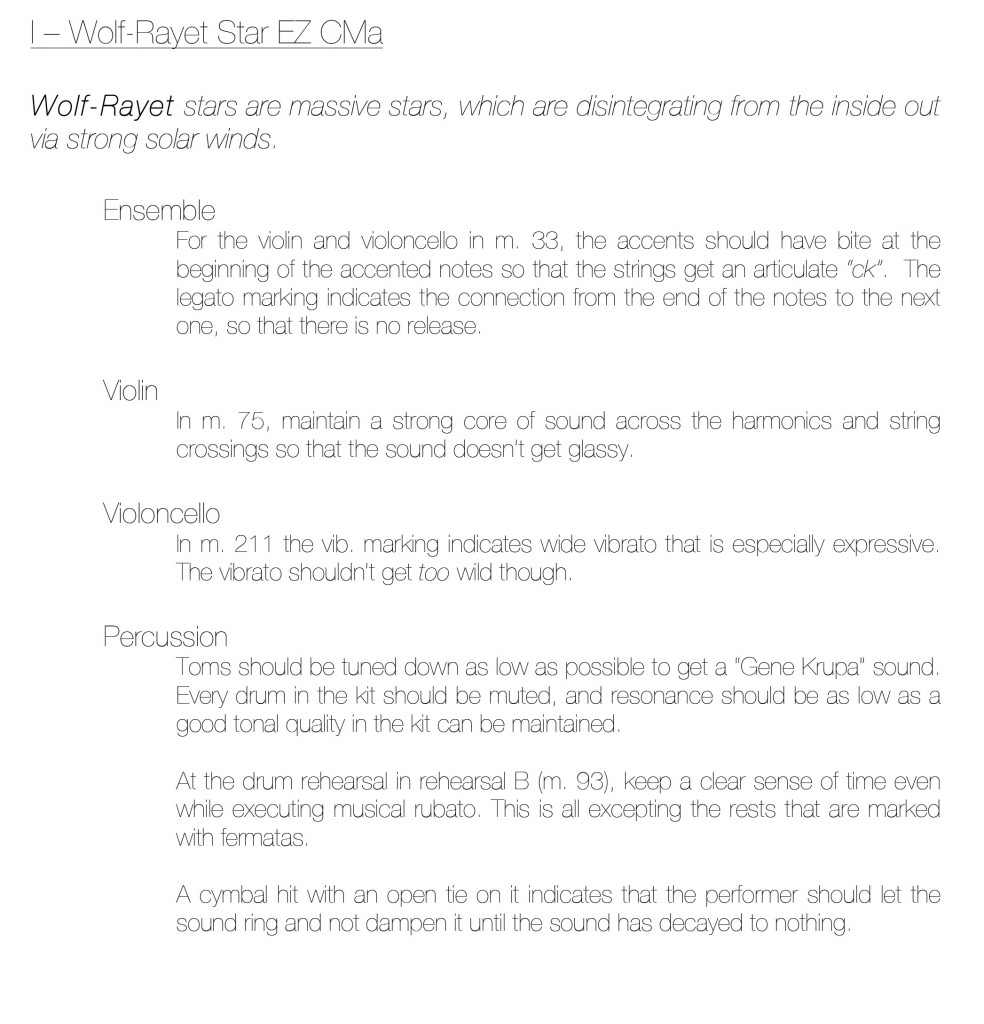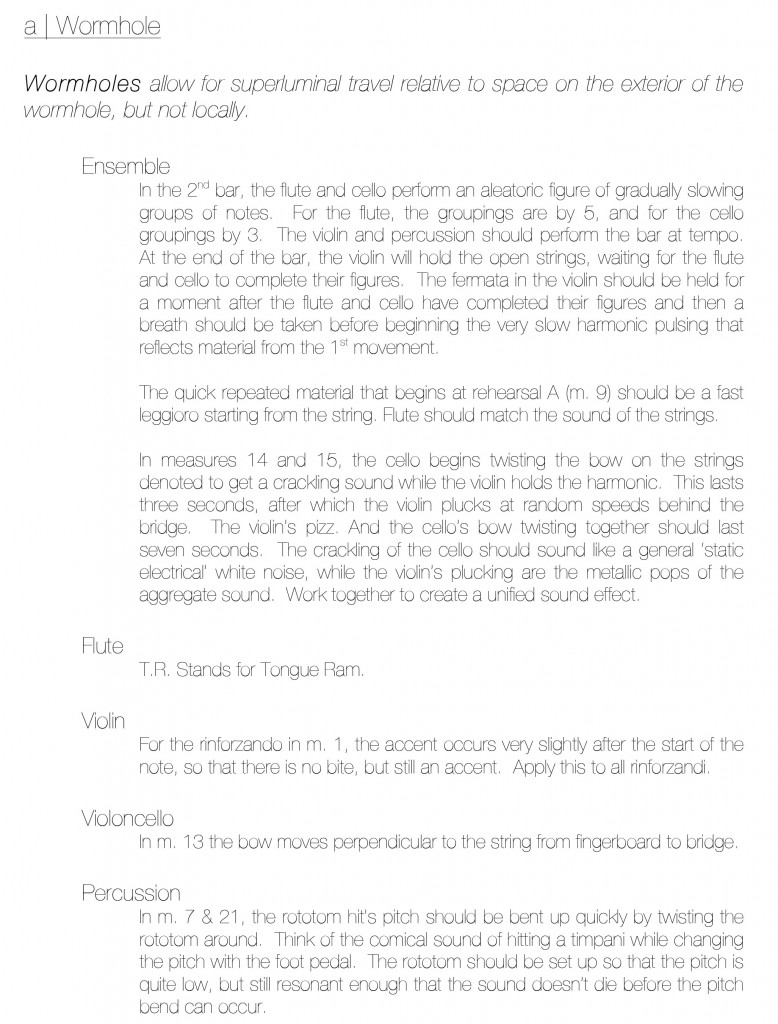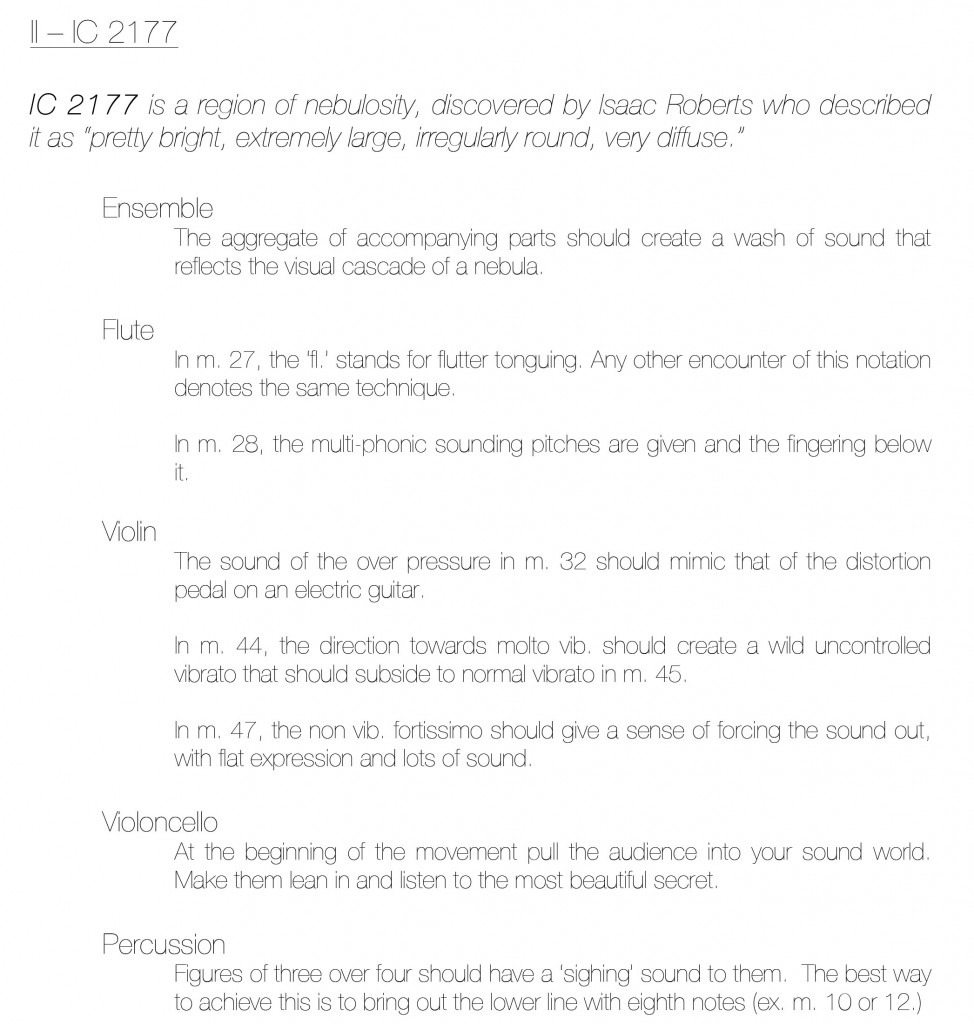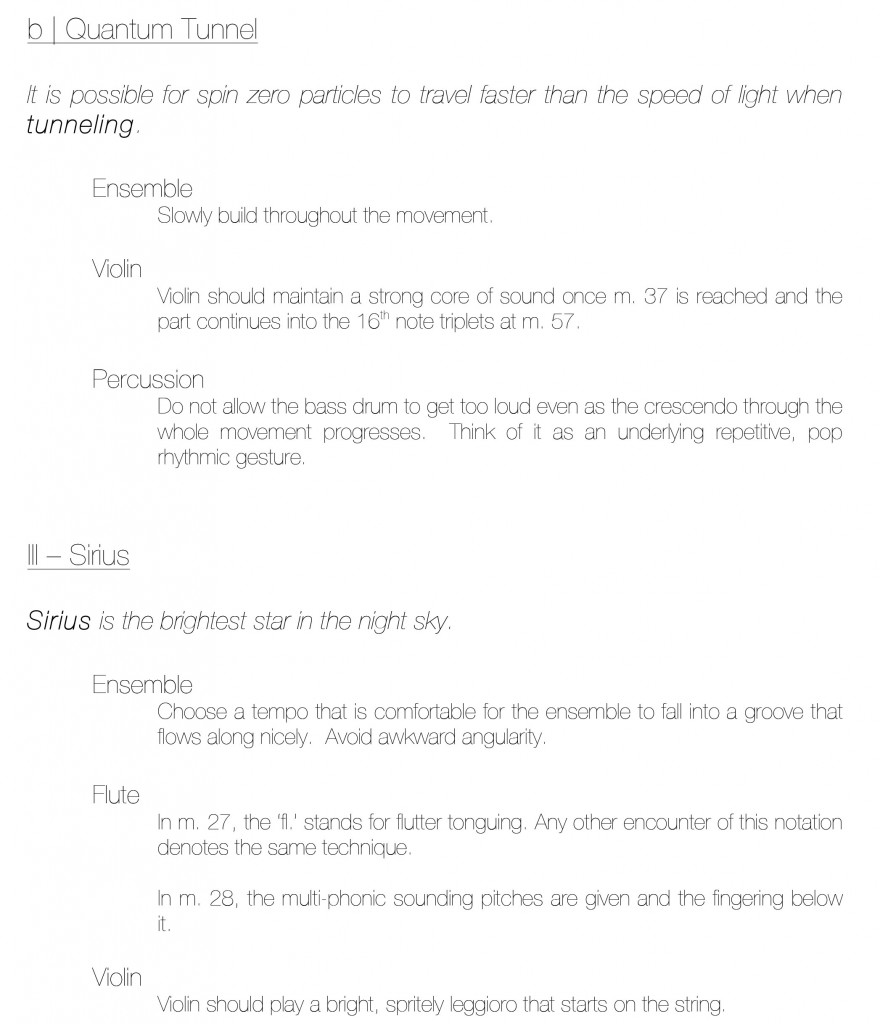Thy Blog Lay Fallow Round 2
Doing doctoral auditions. Should have a post of shameless personal promotion once I receive recordings of my performance of the Bruch Romanze with The Chelsea Symphony
Album Review Go: Organic Orchestra, Sonic Mandala
Jazz musician, composer and conductor Adam Rudolph’s latest album is a widely varied work that does justice to its own title. Sonic Mandala takes listeners on a journey ranging from free jazz, to north Indian tabla music, using instruments from many different styles and cultures. In a general sense, the most impressive aspect of the whole album is how Mr. Rudolph uses instruments that are not ‘of’ a style or genre of music, to create the pastiche that has been melded together from instruments at hand. By doing this, he creates a sound world that reflects instrumentation and players that he does not have.
The album itself jumps between sections that are alternately almost entirely composed jazz or world music pieces, to more openly improvised tracks that situate themselves nicely over a structured rhythmic section, to parts that sound almost like free jazz.
On my first listen through of the album, I found that the work’s focus on returning to the music of the first track was interesting, but structurally predictable. Initially, I questioned the choice entirely on the aesthetics of the return, as I felt that in the return to the primary material, a more apparent change should have occurred. But as I worked through the thick of the middle sections on re-listens, I found that the return was satisfying, and after reading the liner notes to the album and other descriptions about the work by Mr. Rudolph, the structure also made conceptual sense.
From the composer himself:
“The idea of a sonic mandala came to me because of the circularity I heard, felt and understood in many music cultures. As pattern-based music orbits around and around it becomes a call. It’s a call to center into the collective state of the moment…”
“Contemplation of a mandala returns us from the illusion of individual existence into a way of living in resonance with the wholeness of nature. In music we can call this practice Sonic Mandala. In it we generate ostinatos of circularity that play in a synchronized sound weaving of space and motion…”
The aesthetic stasis of these two outer movements (and the extended, three track, central movement, Part VII) were what I found to be the most fascinating. The textural, sonic, color tracks that make up the body of the rest of album remind me more of the space-time music of indeterminate or totally serial composers, where moments in music act as objects to be considered and then related.
With these outer movements and Part VII, Mr. Rudolph got in touch with his rhetorical side, where a line develops, and the fantastic rhythmic section takes us along on a journey that our ears can sit in with relaxed pleasure.
This is Your Brain on Music
Now that I’m done with Mr. Sacks, I’ve moved on to Levitin’s This is Your Brain on Music. While Musicophelia was much more focused on anecdotal discussions of evidence, Levitin gets much deeper into details of music theory and research. In a way, this was the book I was hoping to read when I picked up Musicophilia .
Here are some quotes of note that I’ve already found:
For the artist, the goal of the painting or musical composition is not to convey literal truth, but an aspect of universal truth that if successful, will continue to move and to touch people even as contexts, societies, and cultures change. (5)
Hey! More Heideggerian ontology, this guy is everywhere when it comes to art philosophy.
Rhythm, Meter, and tempo are related concepts that are often confused with one another. Briefly, rhythm refers to the lengths of notes… (57)
Hmmm. I think this is duration. Rhythm is more of a super structure that includes duration, meter and tempo. Levitin gets a little closer to the correct definition in the next paragraph:
The relationship between the length of one note and another is what we call rhythm…(58)
A little better, but still nebulous.
Review of BAM Lotus Viola Case
About a year ago, I decided to ditch the case that I got along with my new instrument and get a nice shiny new BAM case. The previous two cases I had owned were these massive tanks of cases, made out of wood and kevlar, had poor straps and were as heavy as an M1 Abrams. When I first looked into the BAM Lotus cases there were a ton of features about it that I really liked.
I thought the kevlar coating would protect the exterior of the case from all the unsightly scarring of the fiberglass you see on many of the straight hard-shelled BAM cases.- It had a huge exterior pocket for sheet music.
- It had a smaller exterior pocket for easy access to a chromatic tuner, or some pencils
- On the interior, it had 4 slots for bows, plenty of room for my rather large Bon Musica shoulder rest, and a pencil case that could easily fit any other extra accessories I needed in my day to day playing.
What I didn’t know was that the case is pretty shoddily made and one of the ‘features’ of the case (which I didn’t mention above) scratched up the surface of my instrument.
When I first purchased this case, I lived in Miami and had a car, so the case didn’t get much wear and tear at all. It was either at home, in my car, or at University of Miami where I was getting an Artist Diploma. Most noticeably, the first thing to break down with this case, were the feet on the back of the instrument like the picture below.

As you can see on the right hand side, there are four holes in the back of the case. Here used to reside the “feet” for the back of case, which looked similar to the feet you can see on the far left of the image which the straps are attached too. When they initially fell off. I thought that perhaps, I had been a little careless about taking the case out of the car and putting it back in so that it tore at the feet in an awkward manner and caused them to be pulled out. This was not the case though, as you will see in a moment when I discuss the ‘Subway Standing Feet’.

Here on the bottom left you can see my last remaining subway foot, which I kind of wish would just fall off at this point since I can’t balance it standing up while on the subway anymore. It’s hard to see, but there are three other screw holes in the canvas of the case where the other subway feet used to be and have since fallen off.
Now, back to my thinking that the case was just getting abnormal wear and tear from my carelessness or freak bad luck. The case was still under warranty at the end of my Artist Diploma, so when I moved back to New York City, I took my case out to the BAM warehouse in Jersey. At that point I had lost only one of the feet on the back of the case, and two of the feet for the ‘subway stand’. The customer service was great, they took it in and fixed that same afternoon, so there is no knock on them for that. But after it was fixed up, all of these same things started falling off again from standard use. I was not tossing my case around (the thought of doing so with my precious viola inside sends a shiver down my spine), or exposing it to terrible elements. Because of this, I think that the anchors for all of the feet were just really weak. Ultimately, it’s not a huge deal, because the integrity of the case is still good, but it’s annoying to have the feet not protecting the shell of the case on these two sides.
These weren’t the only parts that degraded over time though. On the inside of the case, the mechanism for changing the size of the harness for the instrument is velcro. Looking below, I am lifting up the harness to display the degradation of the case, but you can see that the harness is velcro’d to to a strip that is supposed to be super-glued to the bottom of the shell. You pick up the harness and move it around, sticking it back to the velcro strip on the bottom to make room for larger or smaller bodied instruments. All in all, a pretty cool mechanism, until the strip on the bottom falls off and there’s nothing holding the instrument in the harness anymore. Now, I wasn’t tearing at the velcro with the harness, I wasn’t moving it at all as I only keep this one instrument in the case. In fact, all that happened was I opened up my case to find the velcro strip on the bottom of the case had fallen off one day and no longer wanted to cooperate in keeping my viola safe. I have tried repairing this myself to varying degrees of success. The ultimate solution would be some sort of stitching rather than various adhesives.

These issues are ones that are extremely annoying, but they can be coped with. One final thing about the design of the case cannot though. When I first bought the case it came with a tube for holding fresh sets of strings. It also used a velcro system of attachment, but was connected around the hinges of the case as you can see below.

As you can see the ‘scratchy’ part of the velcro is attached to the string holder. So when you close the case, it can actually scratch up against the front of the body of the instrument!!!!!!! I had no idea how my instrument was getting dinged up at first (I don’t hold my extra strings in these tubes), but once I found out I immediately took the tube out. Thankfully, my maker operates out of New York City and was able to get my instrument touched up.
These are some serious design flaws from what most people consider to be the case makers who “Get It”, and I think that I’ll probably be letting other musicians test drive new BAM designed cases before buying another one.
Cadillac Moon Ensemble Performing Canis Major Tomorrow

And, man, do they sound awesome! I am incredibly thankful for their time working on this piece. They are really bringing it to life!
September, 20, 2013, 7:30pm
Greenwich House Music School
46 Barrow Street
New York, NY
$15 regular/$10 student
Performing works by Eric Lemmon, Alex Weiser, Florent Ghys, and Caleb Burhans as part of a fundraising concert for their 2013-14 season.
More From Oliver Sacks
Deborah speaks of the “momentum” of the music in its very structure. A piece of music is not a mere sequence of notes, but a tightly organized organic whole. Every bar, every phrase, arises organically from what preceded it and points to what will follow. Dynamism is built into the nature of melody. And over and above this, there is the intentionality of the composer, the style, the order, and the logic which he has created to express his musical ideas and feelings. These, too, are present in every bar and phrase
Very nice! Even in process based music (like totally integrated, or chance music), we humans relate everything we hear to occurrences before and then project those expectations into the future. Sacks rightly cites David Huron’s book Sweet Expectations near by.
We are a linguistic species—we turn to language to express whatever we are thinking, and it is usually there for us instantly. But for those with aphasia, the inability to communicate verbally may be almost unbearably frustrating and isolating; to make matters worse, they are often treated by others as idiots, almost as nonpersons, because they cannot speak. Much of this can change with the discovery that such patients can sing–sing not only tunes, but the words of operas, hymns, or songs. Suddenly their disability, their cut-offness, seems much less–and though singing is no propositional communication, it is a very basic existential communication. It not only says, “I am alive, I am here,” but may express thoughts and feelings that cannot be expressed, at this point, by speech…
I love this excerpt. The quote, “It not only says, ‘I am alive, I am here,’ but may express thoughts and feelings that cannot be expressed, at this point, by speech…”, is a stunning way of describing not only how music affects these people with aphasia, but how music affects us all.
Sacks, O. W. (2007). Musicophilia: Tales of music and the brain. New York: Alfred A. Knopf.
Canis Major Composer Notes & Full Score
Canis Major being Performed by Cadillac Moon Ensemble at Greenwich House 9/20/13
Fundraiser Concert
Performing works by Eric Lemmon, Alex Weiser, Florent Ghys, and Caleb Burhans as part of a fundraising concert for our 2013-14 season.
September, 20, 2013, 7:30pm
Greenwich House Music School
46 Barrow Street
New York, NY
$15 regular/$10 student
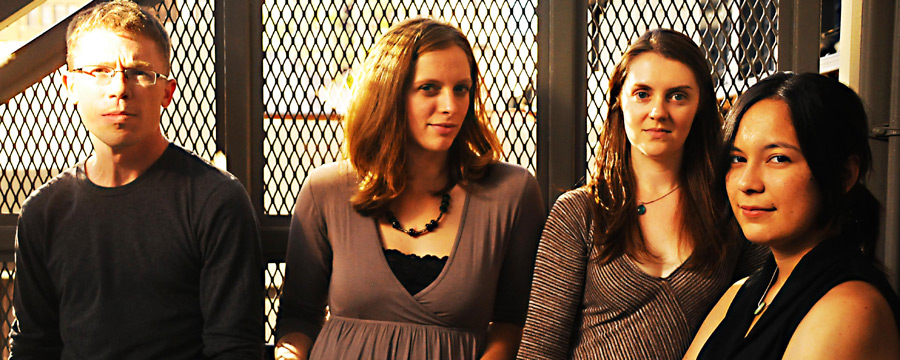
Musicophilia
I am finally working my way through Musicophilia by Oliver Sacks, about four years after I received the book as a gift. While the reading is mostly anecdotal, there are also some general ideas that I find are spot on and others that are wildly inaccurate. I’ll start with the end of the opening chapter of Part II in the book as an example of something beautifully stated.
The examples of George and Cordelia introduce a theme that will be echoed and explored in many of the clinical case histories that follow: that what one calls musicality comprises a great range of skills and receptivities, from the most elementary perceptions of pitch and tempo to the highest aspects of musical intelligence and sensibility, and that, in principle, all of these are dissociable one from another. All of us, indeed, are stronger in some aspects of musicality, weaker in others, and have some kinship to both Cordelia and George.
Sacks, Oliver. Musicophilia. Vintage Books. New York. 2008. Page 104.
As a performer, this quote is displayed day after day, sitting in colloquiums or performance classes in school, or even in a section of an orchestra. All of these highly trained and hard working people have strengths and weaknesses to their musicality. For example, one may be stunningly coordinated with their playing, but flat and uncaring with their sound, while another might have a rich, deep tone, but be unable to sight read at all.
On the other hand, in the very first page of the Preface, Sacks makes a statement that many theorists would certainly disagree with, and even fellow scientists in his field have conducted research on and found the opposite of his claim.
[Music] has no concepts, makes no propositions; it lacks images, symbols, the stuff of language. It has no power of representation. It has no relation to the world.
Ibid. Page ix.
In Aniruddh Patel’s Music, Language and the Brain, Patel devotes a significant section of the book to discussing how leitmotifs in Wagner’s Tristain und Isolde act as referential objects to characters and The Potion, essentially become specific musical symbols. The crazy thing is that Sacks has read this book and at the very least did not take the time to correct his preface in later editions.
This idea goes beyond Wagner’s attachment of leitmotifs to characters or abstract psychological concepts in his operas though, in that music can, and has referenced specific objects that are not ‘generated’ through a composer’s imagination. In Copland’s music, woodblocks are frequently used to recall and imitate a horse’s gallop, in such a way that is unmistakeable for individuals who’ve heard horses gallop and have been steeped in the ontology of ‘Americana’. For these listeners, the music does recall a specific image! Exactly the opposite of what Sacks posits in his book.
Of course there is a little philosophical issue called the intentional fallacy that impedes absolute certainty of reference in our non-discursive language of music. But music being referential as opposed to absolute is an important part of our experience. Tone poems by Strauss and Liszt wouldn’t have quite the same meaning if Don Juans weren’t romping about in our ears.
